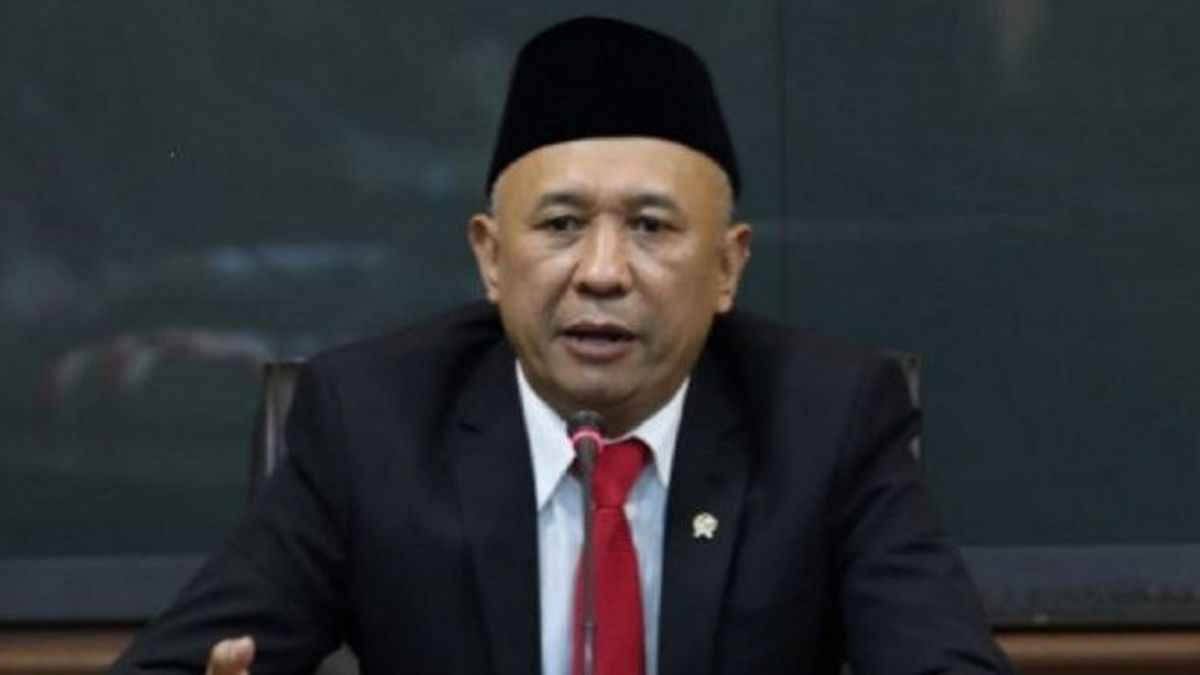JAKARTA - Minister of Cooperatives and Small and Medium Enterprises Teten Masduki said the practice of cooperatives still has many challenges, such as management that does not change so that it is not in accordance with the principles of kinship and economic democracy which is the identity of cooperatives.
Therefore, said Teten in a press release from the University of Indonesia (UI), quoted from Antara, Wednesday, September 21, the cooperative, which is referred to as the pillar of the national economy, is still only a dream because in practice cooperatives have not become a national economic force.
Currently, said Teten, cooperatives in Indonesia are still dominated by the financial services and insurance sectors, while the production sector, such as agriculture, fisheries, livestock, and plantations, only contributes about 7 percent.
Teten's statement was delivered in a public lecture "Opportunities and Challenges of Cooperatives Facing Global Economic Threats" held by the Faculty of Economics and Business, University of Indonesia (FEB UI), in a hybrid way from the Dean Building of FEB UI and Zoom Meeting.
Other challenges in developing cooperatives are weak human resources, cooperative governance that has not implemented Good Cooperative Governance, and an ineffective business ecosystem.
Based on data from the Ministry of Cooperatives and Small and Medium Enterprises (Kemenkop UKM) in 2020, the Indonesian population registered as members of cooperatives is only about 8 percent of the total population of Indonesia.
There are 127,000 cooperative units in Indonesia with total assets of around IDR 250 trillion. This figure is a fairly low value when compared to large corporations.
Cooperatives have an advantage, namely, the durability is quite strong. When the monetary crisis occurred in 1998, cooperatives were one of the business units that were able to survive. The principle of kinship that it has makes members trust their assets to be stored in cooperatives rather than banks.
SEE ALSO:
Meanwhile, the Dean of FEB UI, Teguh Dartanto, said that koperations could be a solution to social inequality through the participation financing scheme of its members.
"Cooperatives should be a tool to collaborate with each other for mutual progress. FEB UI continues to be committed to making the Cooperative Course a current, relevant, and a solution to the problems of the Indonesian nation," said Teguh.
Cooperatives in Indonesia still have various challenges for their development. One of them is the low productivity and added value of cooperatives in Indonesia.
The English, Chinese, Japanese, Arabic, and French versions are automatically generated by the AI. So there may still be inaccuracies in translating, please always see Indonesian as our main language. (system supported by DigitalSiber.id)
















